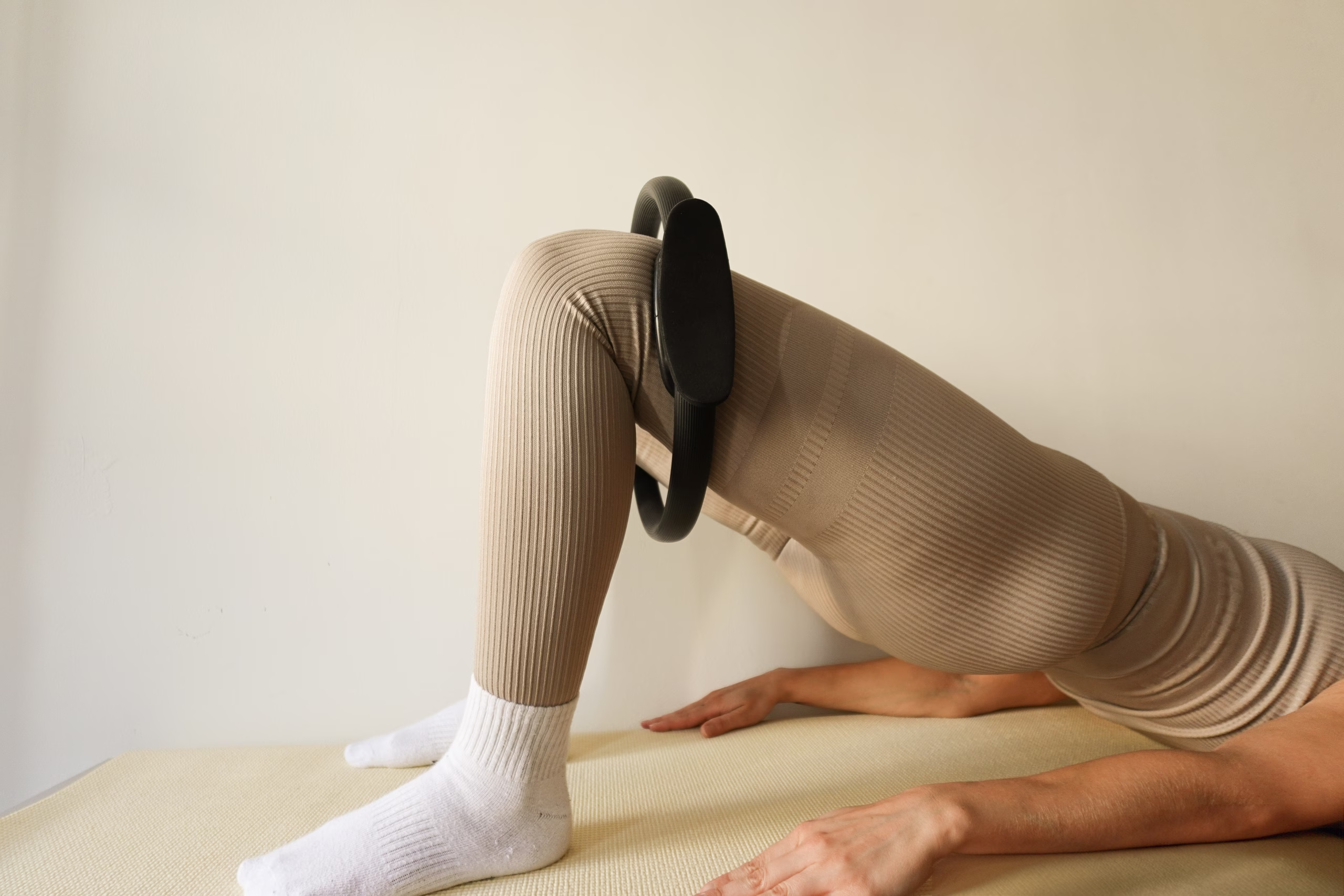Pilates for Mental Wellness
In today’s fast-paced world, mental wellness is as important as physical health. With increasing stress levels, finding effective ways to manage anxiety and boost mood is essential. One practice gaining recognition for its mental health benefits is Pilates. Known for its ability to strengthen the body, Pilates also has profound effects on the mind.
The Connection Between Movement and Mental Health
Exercise is a proven method for better mental well-being. Physical activity stimulates the release of endorphins — the “feel-good” hormones that naturally elevate mood and reduce stress. Pilates combines deliberate movements with breath control and mindfulness, creating a holistic approach to mental health.
How Pilates Reduces Anxiety
- Promotes Mind-Body Awareness:
Pilates forces you to connect your mind with your body. This awareness helps you to stay in the present moment and reduce anxiety that often comes from worrying about the future or dwelling on the past. - Encourages Deep Breathing:
Breathwork is one of the most important principles in Pilates. Deep, controlled breathing activates the parasympathetic nervous system, which counters the body’s stress response, lowering cortisol levels and promoting relaxation. - Improves Sleep Quality:
Regular Pilates practice can enhance sleep by calming the nervous system and reducing physical tension. Better sleep is crucial for managing anxiety and maintaining emotional balance.
Boosting Mood with Pilates
- Builds Confidence:
Achieving milestones in your Pilates practice, like mastering a challenging pose or increasing flexibility, can boost self-esteem and create a sense of accomplishment. - Creates Community:
Participating in Pilates classes — whether in-person or online — connects you with others who share similar goals, providing a sense of belonging and support. - Releases Physical Tension
Stress often manifests physically as tight shoulders, tight hips, back pain, or headaches. With Pilates you can focus on gentle stretches and alignment that helps release this tension, leaving you feeling lighter and more relaxed.
Tips for Incorporating Pilates Into Your Routine
- Start Small: Commit to 10-15 minutes a day if you’re new to Pilates.
- Focus on Consistency: Regular practice, even a few times a week, can yield significant mental health benefits.
- Find the Right Instructor: A supportive instructor can guide you through tailored exercises to meet your needs.
- Combine With Other Practices: Pair Pilates with meditation or journaling for a comprehensive mental wellness routine.
Final Thoughts
Pilates is more than just a workout; it’s a path to mental clarity and emotional resilience. By integrating mindful movement, controlled breathing, and body awareness, Pilates empowers you to tackle life’s challenges with a calm and focused mind. Whether you’re looking to alleviate anxiety, improve your mood, or simply enhance your overall well-being, Pilates offers a transformative experience.
Are you ready to prioritize your mental health through movement? Join our online Pilates community today and discover the difference it can make in your life.
